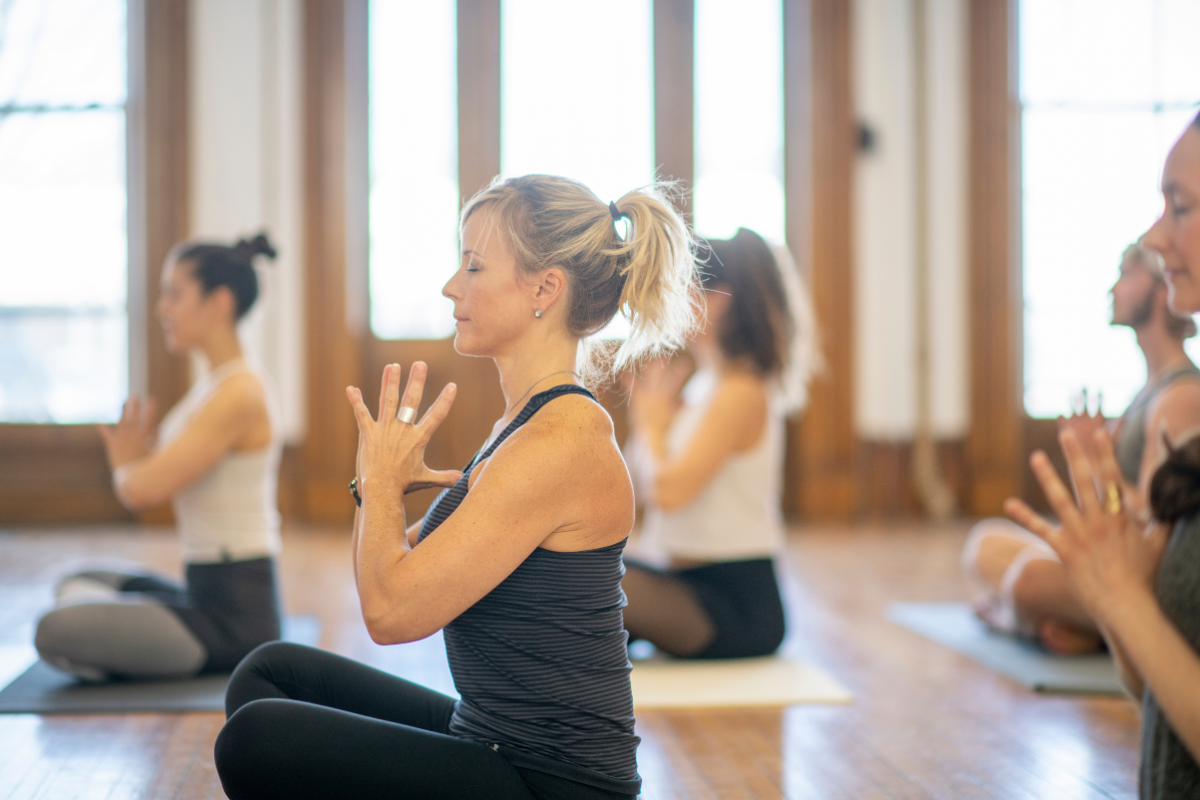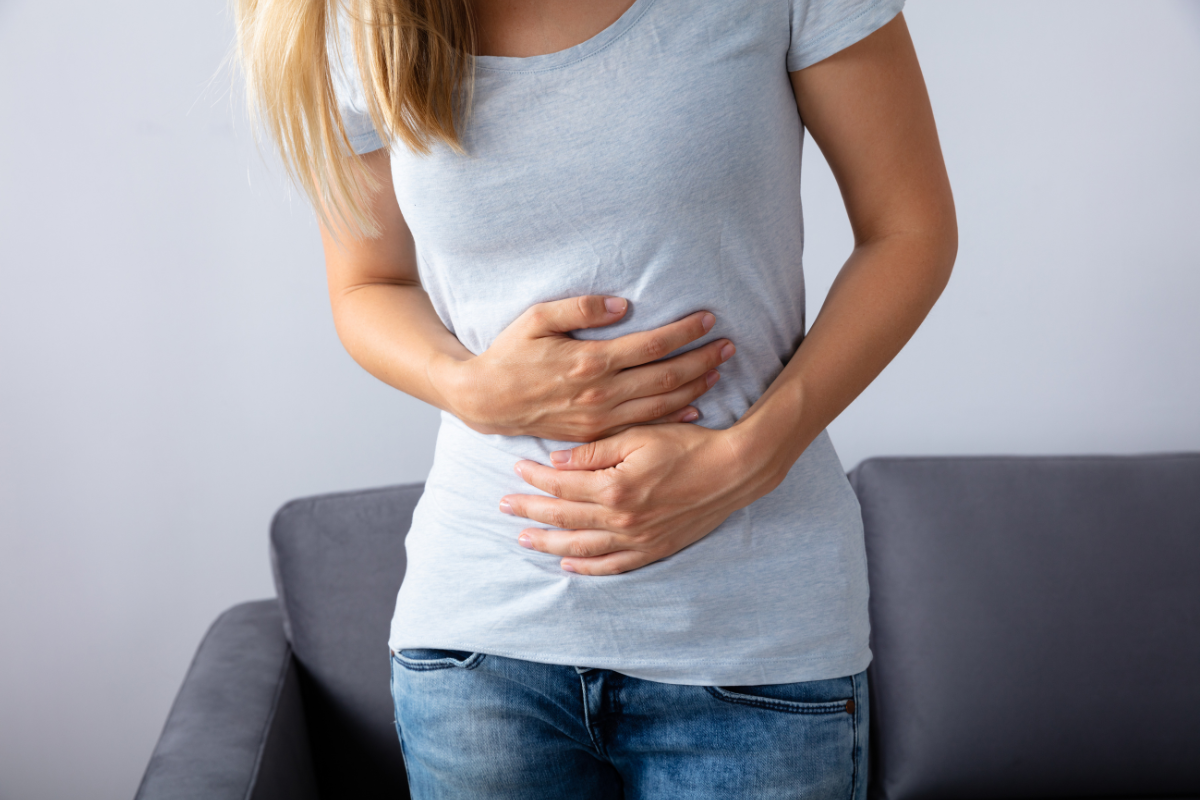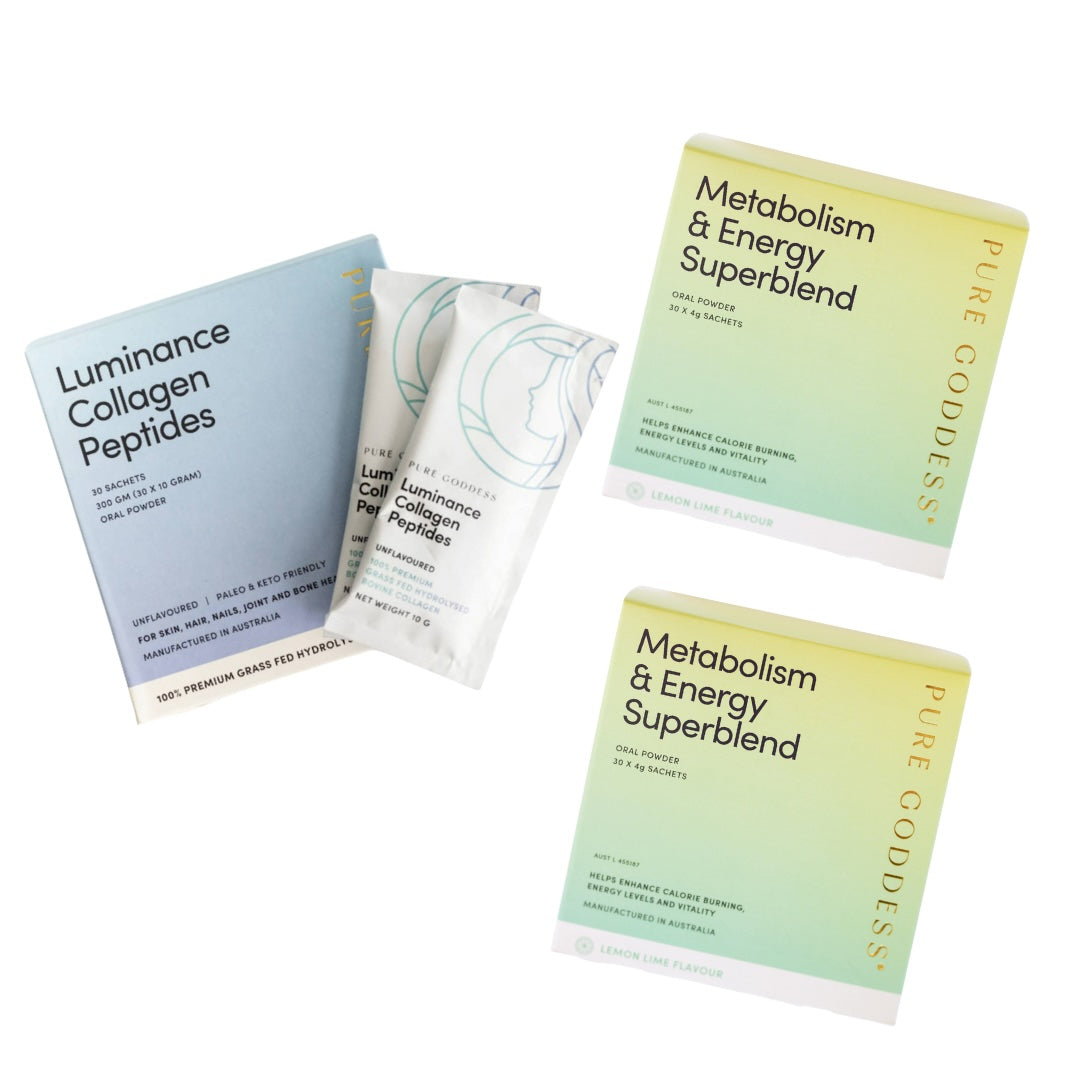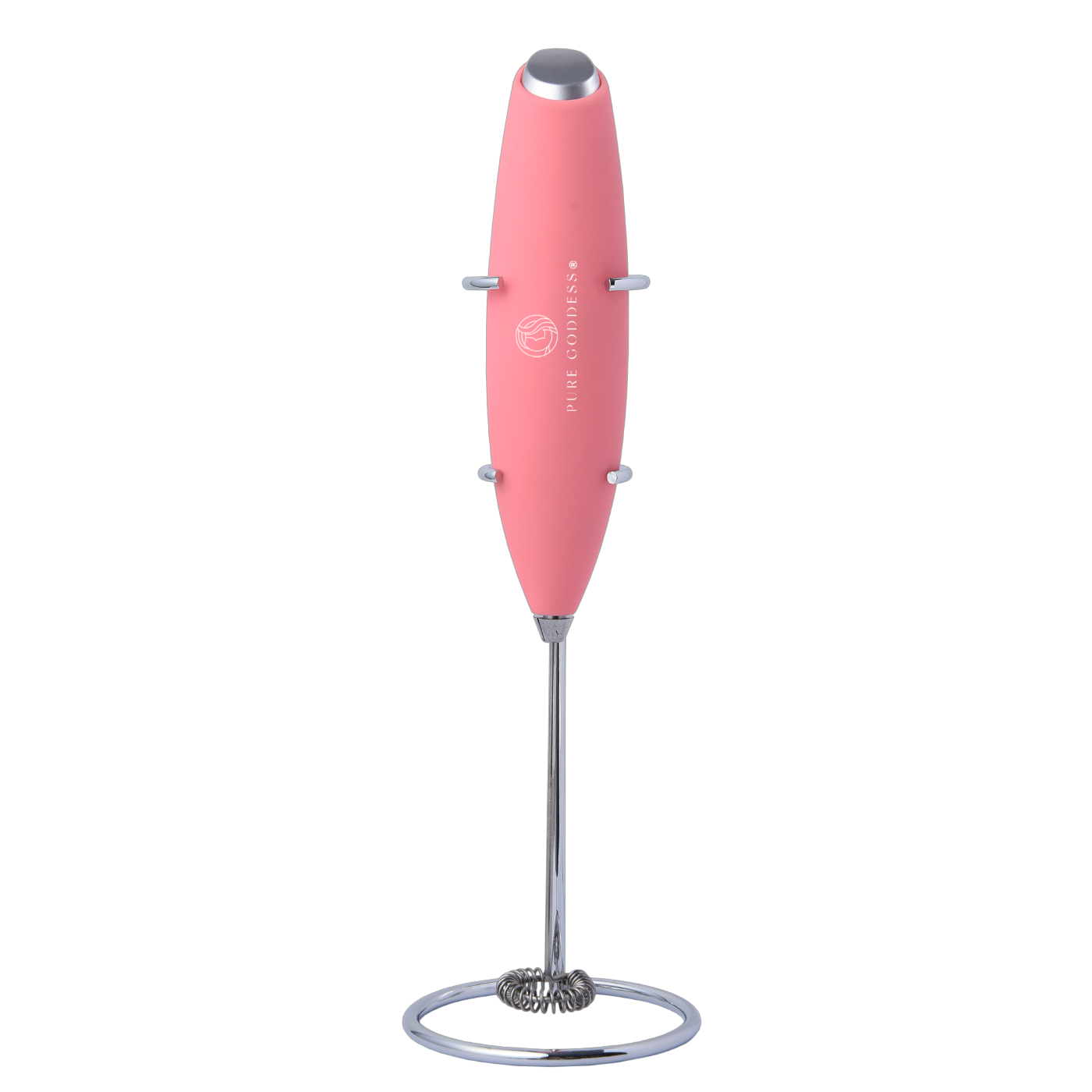
Fitness for Menopausal Women: Strength Training and Functional Movement
Menopause marks a significant transition in a woman’s life, accompanied by hormonal changes that can affect physical health, energy, and wellbeing. One of the areas most impacted by this stage is fitness and the body’s capacity to maintain strength, mobility, and metabolic health. Fortunately, recent fitness trends are embracing the unique needs of menopausal women, focusing on strength training and functional movement as essential components to thrive during midlife and beyond.
Understanding the Physical Changes of Menopause
The decline in estrogen during menopause triggers a cascade of changes. This includes a natural decrease in muscle mass, known as sarcopenia. This not only affects strength but also slows down metabolism, making weight management more difficult. Bone density also declines, increasing the risk of osteoporosis and fractures. These changes can contribute to feelings of fatigue, reduced mobility, and sometimes a loss of confidence in the body’s capabilities.
This is why fitness programs specifically tailored to menopausal women have gained momentum. They are designed to counteract these changes, helping women not only maintain but build strength, improve balance and mobility, and boost overall vitality.
The Importance of Strength Training
Strength training has become a cornerstone of fitness for menopausal women. Unlike traditional cardio-only workouts, strength training focuses on resistance exercises that build muscle mass, which is vital in this life stage.
Muscle mass naturally declines with age, and the rapid hormone shifts during menopause accelerate this loss. This drop in muscle not only affects physical strength but also impacts the resting metabolic rate - the amount of energy the body burns at rest. Simply put, having more muscle means burning more calories throughout the day, helping to balance weight and improve body composition.
Additionally, strength training plays a critical role in maintaining bone health. Weight-bearing exercises help stimulate bone growth and slow down bone loss, reducing the risk of osteoporosis - which is a concern for many menopausal and postmenopausal women.
Practical strength training often involves free weights, resistance bands, or bodyweight exercises tailored to an individual’s fitness level, with an emphasis on progressive overload - the gradual increase in resistance or weight to continually challenge the muscles. This approach ensures women build strength safely and effectively over time.
But the benefits go beyond the physical. Strength training also enhances functional strength, the kind that supports everyday activities like climbing stairs, carrying groceries, or playing with grandchildren. Building this strength reduces injury risk and enhances confidence, empowering women to live full, active lives.
Embracing Functional Movement
Alongside strength training, functional movement has emerged as a powerful fitness trend for menopausal women. Functional movement exercises simulate real-life movements, improving the body’s ability to perform daily tasks with ease and reducing the risk of falls or injuries.
These exercises focus on building core stability, which is critical for maintaining good posture and preventing common menopausal issues like back pain. Strong core muscles support the spine and improve overall balance and coordination.
Functional workouts also prioritise flexibility and mobility by encouraging movements through natural ranges of motion. This aids joint health, which is crucial because menopause can sometimes come with joint stiffness or discomfort.
Unlike high-impact workouts, functional movement often incorporates low-impact disciplines such as Pilates, yoga, and bodyweight circuits. These provide controlled, full-body movements that suit a wide range of fitness levels and are adaptable for physical limitations.
The focus on balance and coordination through squats, lunges, and dynamic exercises enhances proprioception, the body’s awareness of its position in space. This is vital for preventing falls and maintaining independence as women age.
A Holistic Approach
Strength training and functional movement together form a holistic approach to fitness that addresses the key physical challenges of menopause. Beyond combating muscle and bone loss, these exercise styles improve metabolic health, boost energy levels, and enhance mental wellbeing.
Regular exercise that includes strength and movement training stimulates the release of endorphins, naturally lifting mood and helping combat midlife challenges such as anxiety or low motivation. This mind-body connection is especially important for menopausal women, who often face complex emotional and physical shifts.
The empowerment from gaining physical strength and improved mobility also builds confidence. Women feel more in control of their bodies and health, enabling them to approach this life stage with vitality and resilience instead of fear or resignation.
Practical Tips and Getting Started
For those new to strength training or functional movement, starting gently and focusing on form is key. Professional guidance, whether from a physiotherapist, personal trainer, or specialised menopausal fitness coach, can tailor programs to individual needs and ensure safe progression.
Incorporating strength sessions two to three times a week with functional movement exercises on alternate days can create a balanced routine. Activities like walking, swimming, or cycling complement these workouts by supporting cardiovascular health without straining joints.
Using everyday objects as resistance, such as water bottles or sturdy chairs, or starting with light weights and resistance bands builds familiarity. Over time, increasing resistance and complexity helps achieve continual muscle adaptation and growth.
Beyond Exercise: Supporting Your Fitness Journey
Physical activity is just one pillar of thriving in midlife. Nutrition, sleep quality, stress management, and supplementation also play vital roles. Protein-rich diets support muscle repair, while nutrients like calcium and vitamin D boost bone health.
Stress increases cortisol, which can degrade muscle tissue and negatively impact metabolism. Mindfulness techniques, meditation, or gentle movement like tai chi complement the physical benefits by reducing stress hormones.
Supplements tailored to midlife women, such as our Luminance Collagen Peptides, can support joint health and muscle recovery.
Final Thoughts
Menopause brings plenty of changes, but it doesn’t mean surrendering to loss of strength or vitality. Fitness focused on strength training and functional movement provide powerful tools to navigate midlife health challenges with confidence.
By building muscle, preserving bone health, enhancing balance, and moving with intention, menopausal women can reclaim their energy and resilience.
Embracing tailored fitness routines as part of a holistic lifestyle approach can make a meaningful difference in how women feel - empowered, capable, and vibrant.







发表评论
此站点受 hCaptcha 保护,并且 hCaptcha 隐私政策和服务条款适用。